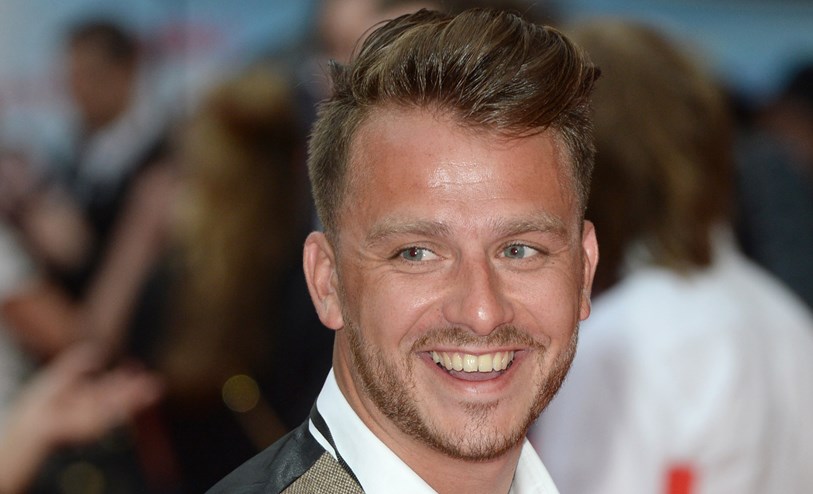From blowies to shagging to boobies to humping to pulling to banging, the brand of humour peddled by ‘comedian’ and misogynist man-baby Dapper Laughs encapsulates the full gamut of human experience. In the week in which he has been given his very own agony uncle column in the Daily Star, it seems appropriate to review the state of so-called ‘edgy’ comedy, offense culture and whether the ugliest of topics should ever be the punchline.
Real name Daniel O’Reilly, Dapper Laughs rose to notoriety with his bawdy mix of sexist jibes and crude slapstick. A threat of rape towards one of his audience members led to media outcry and a 70,000-odd signature strong petition calling for an end to his glorification of “borderline sexual harassment”. Following a brief hiatus, O’Reilly is now experiencing a resurgence, with a live stand-up tour and a new DVD, cheekily entitled ‘The Res-Erection’. Hahaha. Haha. Ha.
Acknowledging just how problematic O’Reilly’s comedy is has precedence in The Student. In November last year Editor Simon Fern described O’Reilly’s behaviour as “nothing short of hate speech…the invocation of rape, a crime which remains both under-reported and under-prosecuted, is an affront.” This is entirely correct. Rape jokes which malign, demean, or blame the victim for their trauma are unjustifiable. However, when the punchline attacks or satirises the perpetrator, societal stigma, media apathy, or overall culture that perpetuates the issue, the joke is not only justified; it should be applauded.
‘You should never joke about rape’ is an oversimplification that belies the ability of select comedians to deal with society’s darkest truths skilfully and intelligently. From Richard Pryor to George Carlin to Amy Schumer, humour can be used to discuss, satirise, and portray us at our best and our worst. Too often nowadays the target of a joke is conflated with its subject matter. Comedy that deals in taboo or sensitivity inevitably relies on the power dynamics of the joke itself.
Louis CK executes this deftly; “I’m not condoning rape, obviously – you should never rape anyone. Unless you have a reason, like if you want to fuck somebody and they won’t let you.” This is not justifying rape; it is satirising the sickening sense of entitlement that accompanies violating someone in such a way. The idea is that only a complete psychopath would ever consider this acceptable, yet everyday instances of cat calling and on-the-street harassment still go unchecked.
Comedy that deals with such emotionally-charged topics requires an incisive grasp of comedic nuance and should not be hijacked by the likes of Dapper Laughs. Aimless banal comedy with no intent is fine; it is the reserve of Michael McIntryre and his ‘Man Drawer’, or Harry Hill gurning and gawking to camera. Rape is too serious of an issue to be bandied about in the same way.
The mere mention of taboo on stage should not set alarm bells ringing – comedy has and always will be a catalyst for social change. Intelligent, informed material would not normalise sexual assault, but instead incite frank and open discourse on the attitudes and misconceptions surrounding it. We should aim for an understanding of the intent and context surrounding ‘offensive’ material before sparking a social media firestorm. A more nuanced appreciation of comedy that takes into account systems of privilege, from comedians with a consummate understanding of the themes and issues at stake, must be sought.
Image:PA Photos

